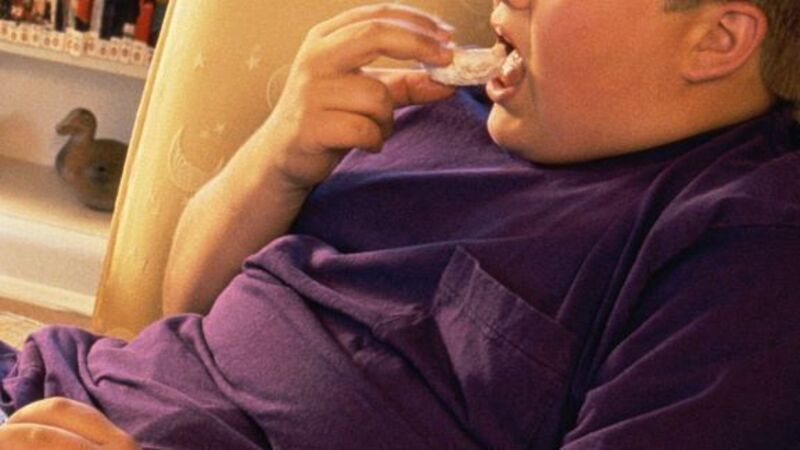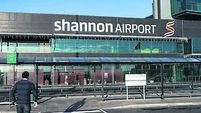Labelling plan watered down

Meanwhile, an Irish bid to improve food labelling has been shot down by the Government.
The legislative bid was led by Senator Feargal Quinn, but junior minister Tom Hayes, on behalf of the Government, poured cold water on it, citing the danger of an Irish solo run hurting our food exports, preferring instead to wait for the EU to grind out a new labelling directive.









